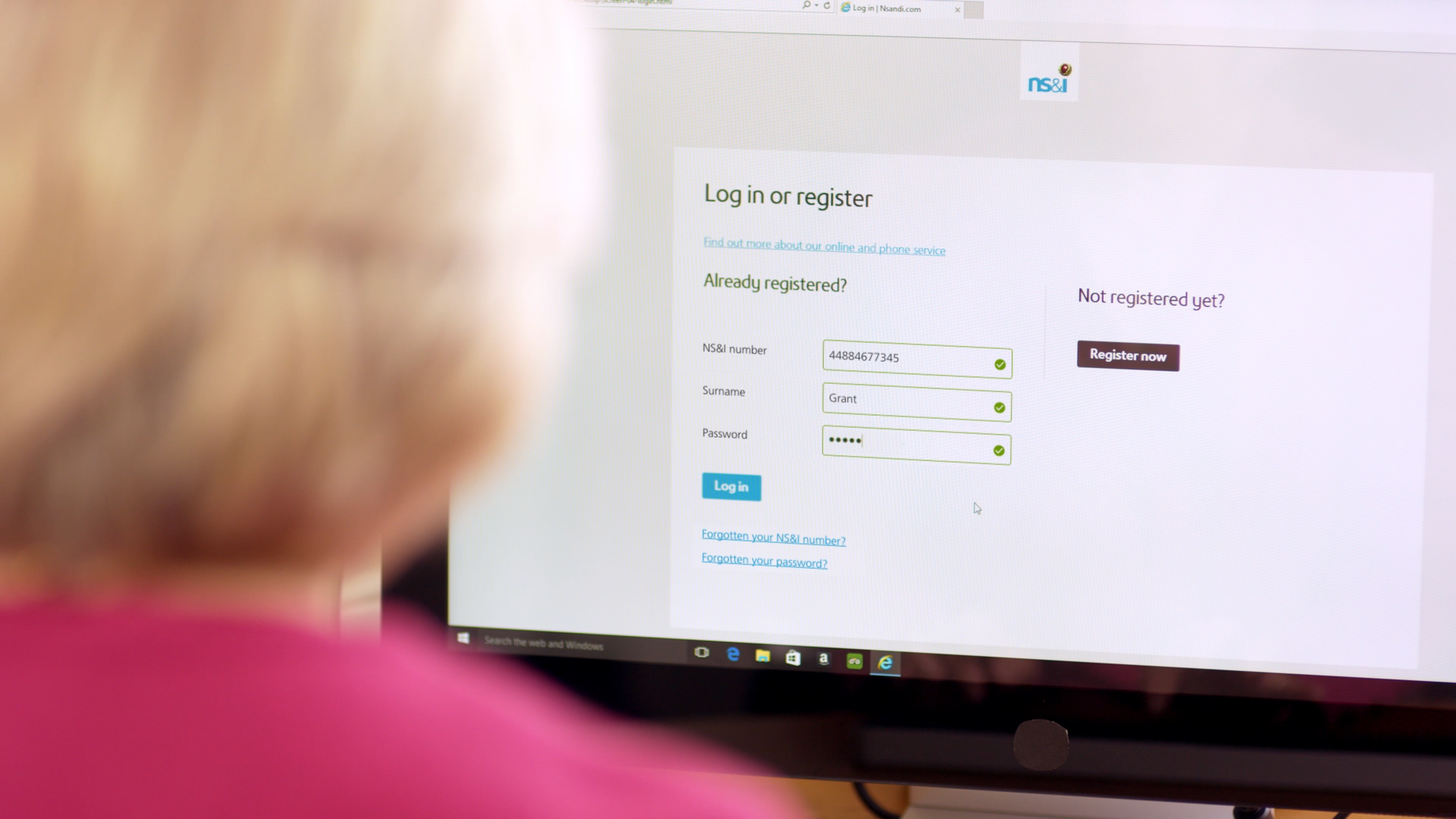News
Is it time to ditch your NS&I index-linked savings certificates?

Index-linked certificates are no longer on sale to the general public, but existing savers will need to decide whether to twist or stick
Inflation falling to a three-year low will be a welcome relief to UK households, but one group of people won’t be celebrating.
The nearly half a million savers who have an index-linked savings certificate issued by National Savings & Investments (NS&I) will be disappointed by the latest inflation figures as they will earn less going forward.
Consumer price inflation (CPI) fell to 1.5% in October, its lowest rate since November 2016.
Unfortunately, since May, interest paid on index-linked certificates issued by NS&I has been based on the consumer prices index rather than the retail prices index.
This change came as a major blow to the 487,000 savers who hold these certificates because CPI is generally lower than RPI so they’re likely to receive a lower return.
These certificates are no longer on general sale, but they are still available to existing savers who can renew them at maturity. They can opt for a 2, 3- or 5-year term.
If you have a certificate maturing soon, you’ll have to decide whether to roll over your savings or cash in and move your money elsewhere.
Decision based on inflation
A big part of your decision will be whether you think inflation will go up or continue to trend downwards.
If you think inflation will go up again from here, you may want to stick with index-linked certificates. But if you think inflation will head in the other direction, you may want to consider a fixed rate savings account, which are paying more than CPI at the moment.
Kay Ingram, director of public policy at national advisory group LEBC, believes inflation is “likely to stay low”.
“With Brexit yet unresolved, it is difficult to predict the impact of leaving the EU either with or without a deal on inflation. Higher government borrowing is likely to weaken sterling, pushing up the cost of imports and inflation, so regardless of the current deflationary trend, abandoning guaranteed inflation proofing could be premature,” she says.
Don’t forget other protections
If you are inclined to cash in your certificate, remember these are unique products that come with several advantages.
The certificates have a guaranteed link to CPI plus a small bonus of 0.01% so they guarantee to protect your savings from inflation.
Another plus point is all interest is tax-free.
“This is particularly valuable for higher rate taxpayers who have a lower tax-free personal savings allowance, and additional rate taxpayers who don’t have this allowance at all,” says Sarah Coles, personal finance analyst at Hargreaves Lansdown.
Certificates are also 100% backed by the government so provide an element of security to your savings portfolio.
Angela Murfitt, a chartered financial planner at Fairstone, said: “These investments can be a good diversifier as part of the cash equivalent element of a portfolio.
“As it’s not possible to purchase new certificates of this nature, existing investors should think twice before abandoning them as it will be impossible to replace at this time and similar credible alternatives are in short supply.”
Alternatives
However, if you are prepared to forgo the guaranteed protection, there are some far better options for savers over 2, 3 and 5 years.
The best two-year bond from Union Bank of India pays 1.9%. You can also get 1.85% from Aldermore and 1.75% from Paragon.
On a three-year bond, the top rate is 2% from Union Bank of India and Zenith Bank UK, while Metro Bank pays 1.95%.
The top five-year deal is also from Union Bank of India, paying 2.15%. Aldermore offers 2.05% and Tesco Bank pays 1.71%.